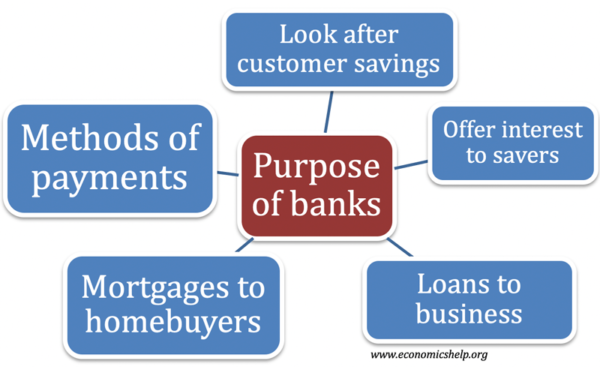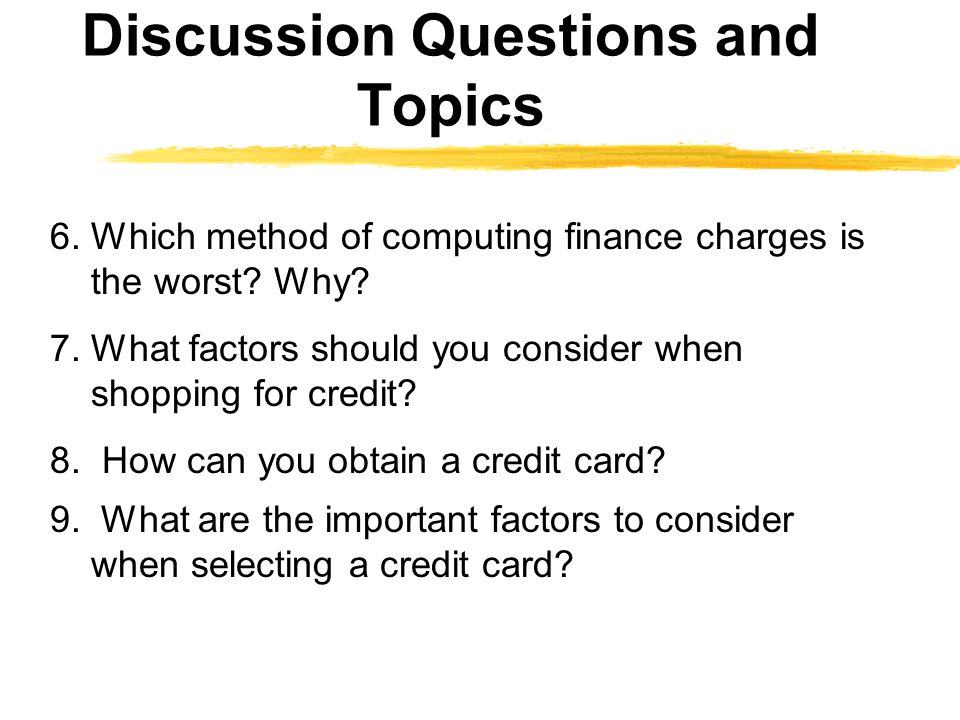( 2003 ). Economics: Principles in Action. Upper Saddle River, New Jersey 07458: Pearson Prentice Hall. p. 513. ISBN 0-13-063085-3. CS1 maint: area (link) Kapoor, Jack R.; Dlabay, Les R.; Hughes, Robert J. (2007 ). Focus on Personal Financing. Mcgraw-Hill/Irwin Series in Financing, Insurance and Property (2nd ed.). Mcgraw-Hill. ISBN 0-07-353063-8. Giovetti, Al (2008 ).
As a customer these days it's easy to seem like you spend half your cash on charges you don't see coming or, the majority of the time, even comprehend. Order a $5 beer and the bill requests $6. 50 after taxes and idea. Flying overseas? That discount ticket you got so thrilled over will cost an extra $200 in "departure charges." Paradise help you if you've bought show tickets.
Many particularly, this is a typical feature on credit card costs and other loaning statements. Here's what it implies and what, precisely, you're paying for. A finance charge is the quantity of cash charged by a loan provider in exchange for giving you credit. Put another way, it's the cost of obtaining cash.
Of these, the most typical finance charge is interest, as practically any professional loan will charge a rates of interest. It is necessary to comprehend that while most coverage of this subject goes over financing charges in the context of charge card debt, as will this piece for demonstrative purposes, they use to all kinds of loaning.
How To Become A Finance Manager At A Car Dealership - Truths
There is no single method for evaluating finance charges. Lenders can determine them at any point based upon the details of the loan. Nevertheless, when your loan provider examines a financing charge is really quite considerable. Particularly for percent-based charges, it can make a big difference in how much you pay.
A charge card billing cycle is one month, although formally the credit card company might note the billing cycle as anywhere from 24 to 33 days depending upon how it lists weekends and holidays. At the end of each billing cycle your credit card business sends you an expense for that month's costs.

A charge card company applies interest and finance charges at the end of each billing cycle based upon whether the previous expense was paid completely. If you paid your whole balance on the last expense then it does not apply any interest to the new one. If you have an unsettled balance at the end of a billing cycle it applies interest usually to both the previous balance and the most current purchases.

May 4: at 11:59 p. m. the previous billing cycle ends. May 5: at midnight the brand-new billing cycle starts. All purchases that you make on the credit card will now go on the next month's expense. May 5: the credit card business determines and sends your expense for the previous billing cycle.
Some Known Incorrect Statements About Where Can I Use Snap Finance
May 26: the $1,000 expense for the previous billing cycle is due, as 21 days is the minimum payment period by law. You pay $500 of it. June 4: at 11:59 p. m. this billing cycle ends. You have actually made $1,500 in additional purchases over the past month. June 5 at midnight the brand-new billing cycle starts.
You have an existing balance of $500. The credit card business includes that to your $1,500 in brand-new spending, then applies interest to the whole balance. It sends a final costs based upon your rate of interest which will be due June 26. In the option: You pay the whole bill on May 26.
You have an existing balance of $0. As an outcome it charges no interest and sends out a final costs just for your newest costs of $1,500. There is no set formula for how loan providers can assess a finance charge. Finance charges can be lump sum or based upon a portion of the loan.
They can be part of a regular monthly bill or examined based upon particular circumstances (such as late https://elliottrrir773.my-free.website/blog/post/508058/getting-the-what-year-was-mariner-finance-founded-to-work charges). Comprehending how finance charges are computed is important. To comprehend that, here is a summary of how a normal charge card business charges interest. As gone over above, credit cards only charge interest when you carry an existing balance from month to month.
What Are The Two Ways Government Can Finance A Budget Deficit? Things To Know Before You Buy
This is called the "grace duration," and it uses to making purchases with any standard credit card. Some particular kinds of spending do not have this grace period. Most significantly, if you get a cash loan, your charge card will usually begin to charge interest immediately. If you pay less than the full quantity due, you lose the grace period.
Second, you will owe interest on all brand-new purchases going forward until the whole bill is paid. This indicates that if you owe $500 at the start of the billing cycle and make $1,500 in new purchases, you will owe interest on the complete $2,000 at the end of that billing cycle.
This suggests that the business charges interest every day for each purchase made. To calculate this the business: First divides your rates of interest (the APR) by 365 to identify your everyday interest rate. For instance, if you have a 15% APR your day-to-day interest rate would be 15/365 = 0.
Then the company multiplies your day-to-day rate of interest by the number of days in the billing cycle. For example, in a 30-day month at 15% APR, that month's declaration would have an interest rate of 1. 23%. Lastly the company multiplies your statement interest rate by the impressive balance.
9 Simple Techniques For What Is The Meaning Of Finance
23% declaration interest rate, you would owe $24. 60 in interest. Some companies likewise use what is called the Daily Balance method. Under this method, the company calculates your everyday interest rate and then applies it to each day's present balance as the month goes on. Then the company adds all of those daily interest calculations together to get your overall finance charge for the month.
There are some finance charges you can not prevent. Any built-in service charges, for example, are unavoidable. Some, however, you can navigate. The most typical ways to avoid financing charges are: - Making your minimum payments can avoid late costs, which include up quickly and can frequently pertain to much more than the minimum payments themselves.
- The only way to avoid charge card interest is by making your full payment when each costs is due. If you do this, you will not get any finance charges. Otherwise, you will bring a balance and the credit card will charge you for it. Financial titans Jim Cramer and Robert Powell are bringing their market savvy and investing techniques to you.
Updated August 28, 2020A finance charge is the charge charged to a debtor for the use of credit extended by the lending institution - how to finance a rental property. Broadly specified, financing charges can consist of interest, late charges, deal costs, and upkeep fees and be examined as an easy, flat charge or based on a portion of the loan, or some mix of both.